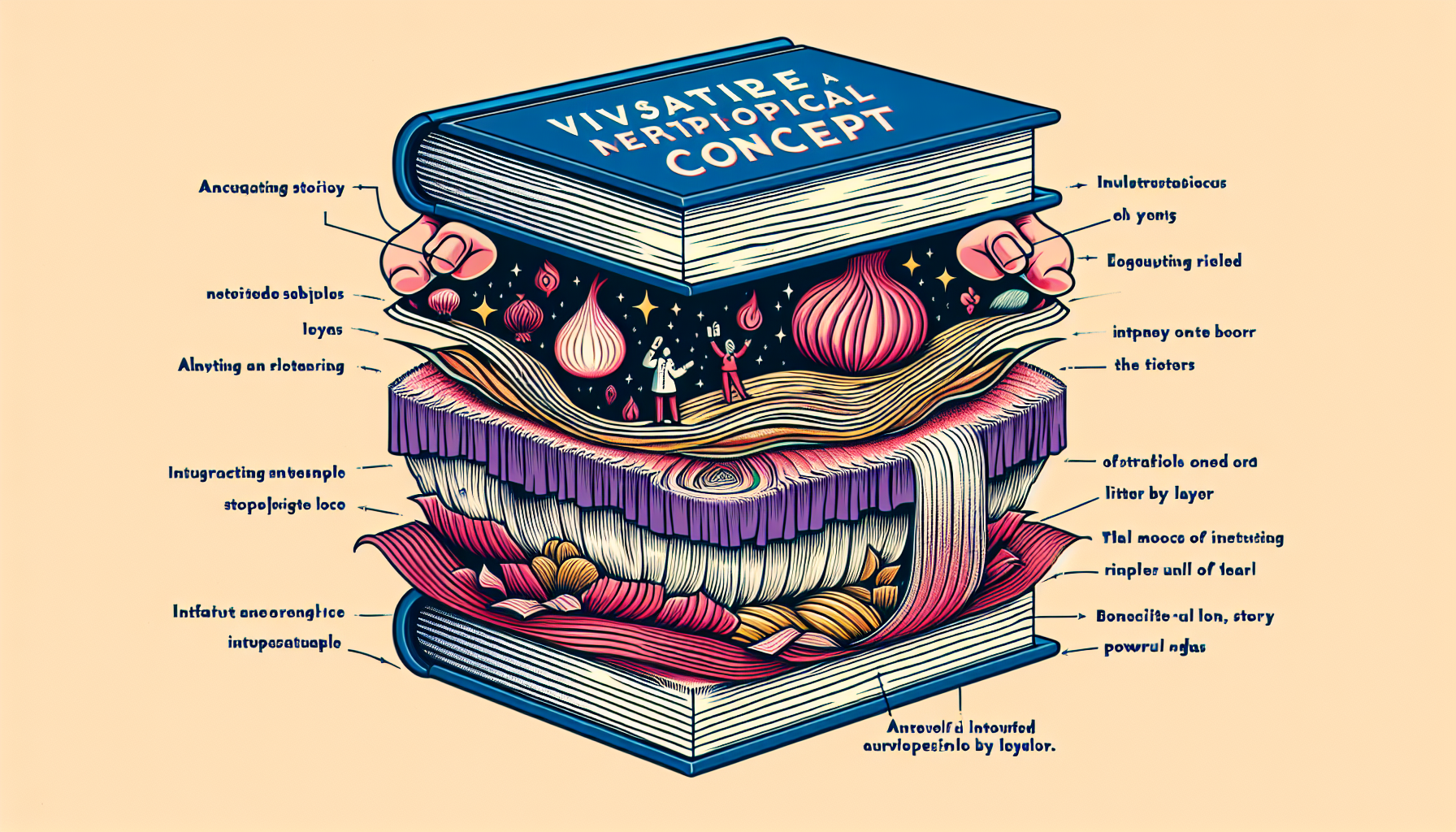The Hidden Dangers of Professor Ratings

The emergence of online professor rating platforms has fundamentally transformed how students approach course selection. Initially designed to facilitate constructive feedback, these platforms have evolved into spaces where personal biases and anonymous opinions can often overshadow professional evaluations.
Misinformation and Misrepresentation
One of the most pressing dangers of relying on professor ratings is the potential for misinformation. The anonymity afforded by these online platforms can lead to exaggerated claims or outright false statements.
The Consequences of Anonymity
Anonymity, while intended to encourage honest feedback, can be a double-edged sword in the realm of online reviews. It often leads to reckless expressions of opinion, where students vent frustrations instead of providing constructive criticism.
Impact on Professors' Careers and Mental Health
The ramifications of negative online reviews extend beyond mere reputation; they can have profound implications for professors' careers and mental health. A single negative rating can influence pivotal decisions regarding hiring, promotions, or tenure evaluations.
While platforms like Rate My Professor provide students with convenient access to peer feedback, it is crucial to recognize the hidden dangers that accompany these ratings. Misinformation, the consequences of anonymity, and the impact on professors' careers and mental health are significant issues that warrant careful consideration.
Educational Assessment Specialist
Universities, educational consulting firms, and government education departments
Core Responsibilities
Design and implement evaluation frameworks to assess teaching effectiveness and student outcomes.
Analyze data from student feedback, assessments, and institutional goals to provide actionable insights.
Collaborate with faculty to develop strategies for improving teaching methodologies and curricula.
Required Skills
Strong analytical skills with proficiency in statistical software (e.g., SPSS, R).
Excellent communication skills for presenting findings to diverse stakeholders.
Familiarity with accreditation standards and educational policy.
Academic Affairs Coordinator
Colleges and universities, academic consortia, and educational nonprofits
Core Responsibilities
Oversee academic program development and ensure compliance with institutional policies.
Manage faculty evaluations and provide support for tenure and promotion processes.
Coordinate workshops and training sessions for faculty on best teaching practices and student engagement.
Required Skills
Strong organizational and project management abilities.
Experience in higher education administration and knowledge of academic policies.
Ability to navigate sensitive situations with diplomacy and discretion.
Higher Education Policy Analyst
Research organizations, think tanks, and government agencies
Core Responsibilities
Research and analyze policies affecting higher education, including faculty evaluation systems and accountability measures.
Prepare reports and policy briefs that inform stakeholders about trends and recommendations in education.
Engage with academic institutions and policymakers to advocate for best practices in education policy.
Required Skills
Expertise in research methodologies and data interpretation.
Strong writing and presentation skills for communicating complex information.
Knowledge of legislative processes and higher education funding mechanisms.
Faculty Development Specialist
Colleges, universities, and educational service organizations
Core Responsibilities
Design and facilitate professional development programs for faculty to enhance teaching and learning effectiveness.
Evaluate the impact of professional development initiatives on faculty performance and student engagement.
Collaborate with academic departments to tailor support to specific teaching challenges.
Required Skills
Strong background in adult learning theory and instructional design.
Excellent interpersonal skills for working with diverse faculty members.
Familiarity with educational technologies and their application in higher education.
Director of Student Experience
Universities, community colleges, and student services organizations
Core Responsibilities
Develop programs and initiatives that enhance student engagement and satisfaction within academic settings.
Gather and analyze student feedback to inform improvements in courses and faculty interactions.
Collaborate with academic and administrative departments to create a supportive learning environment.
Required Skills
Strong leadership and team management abilities.
Excellent communication and conflict resolution skills.
Experience in student affairs or related fields.


